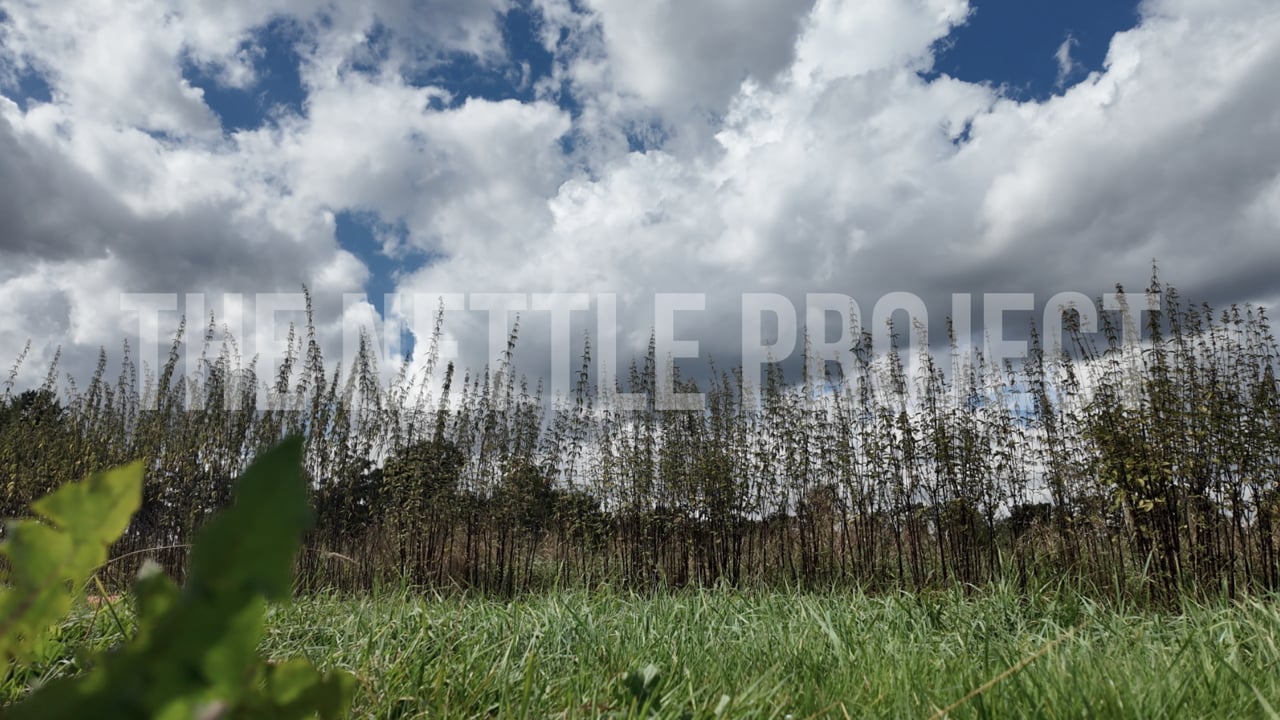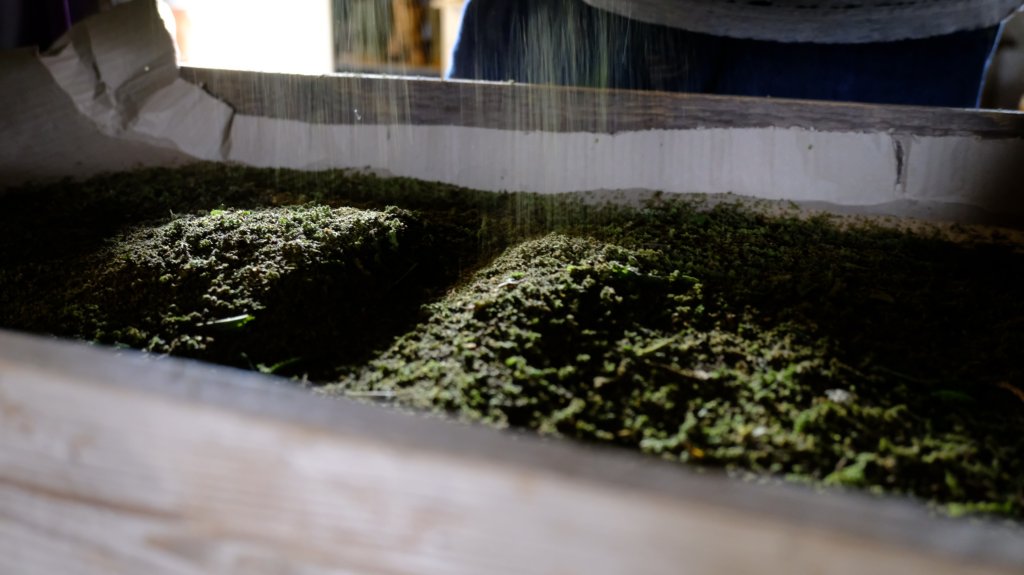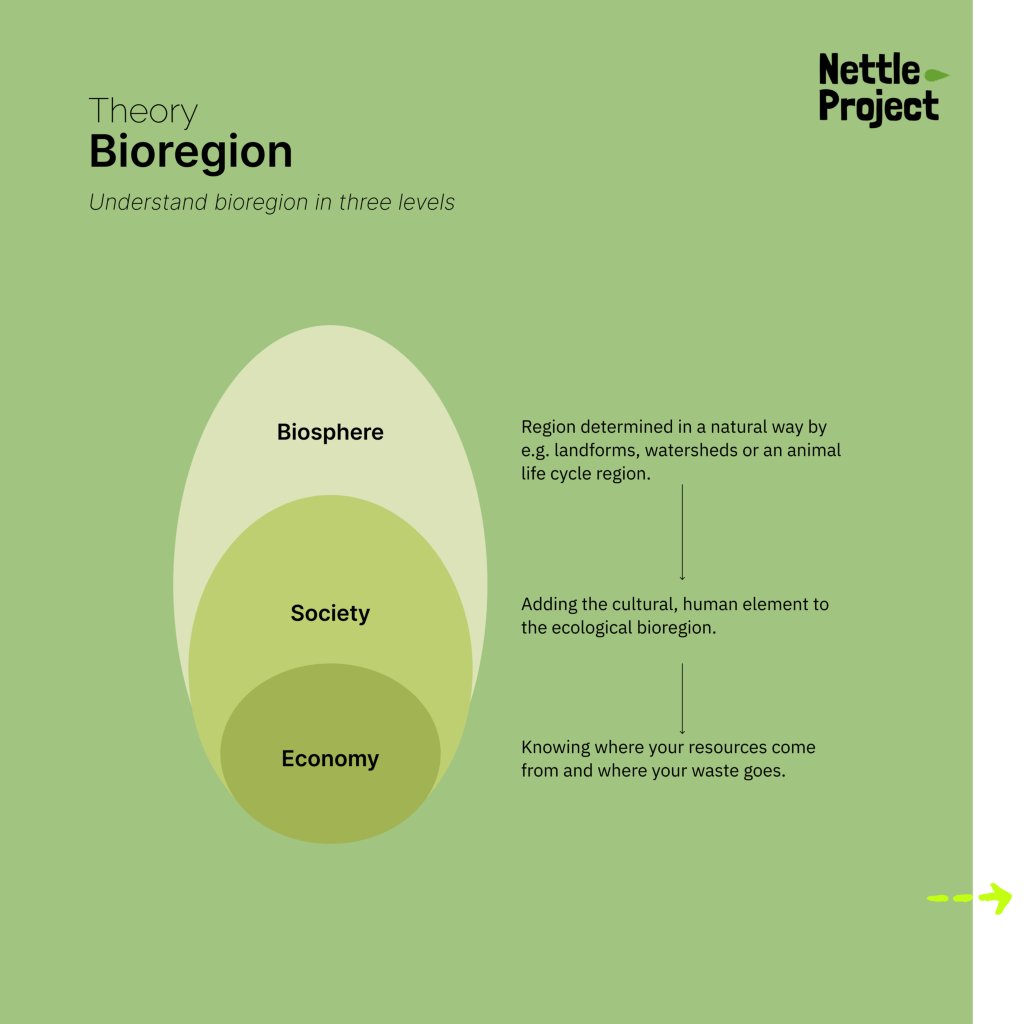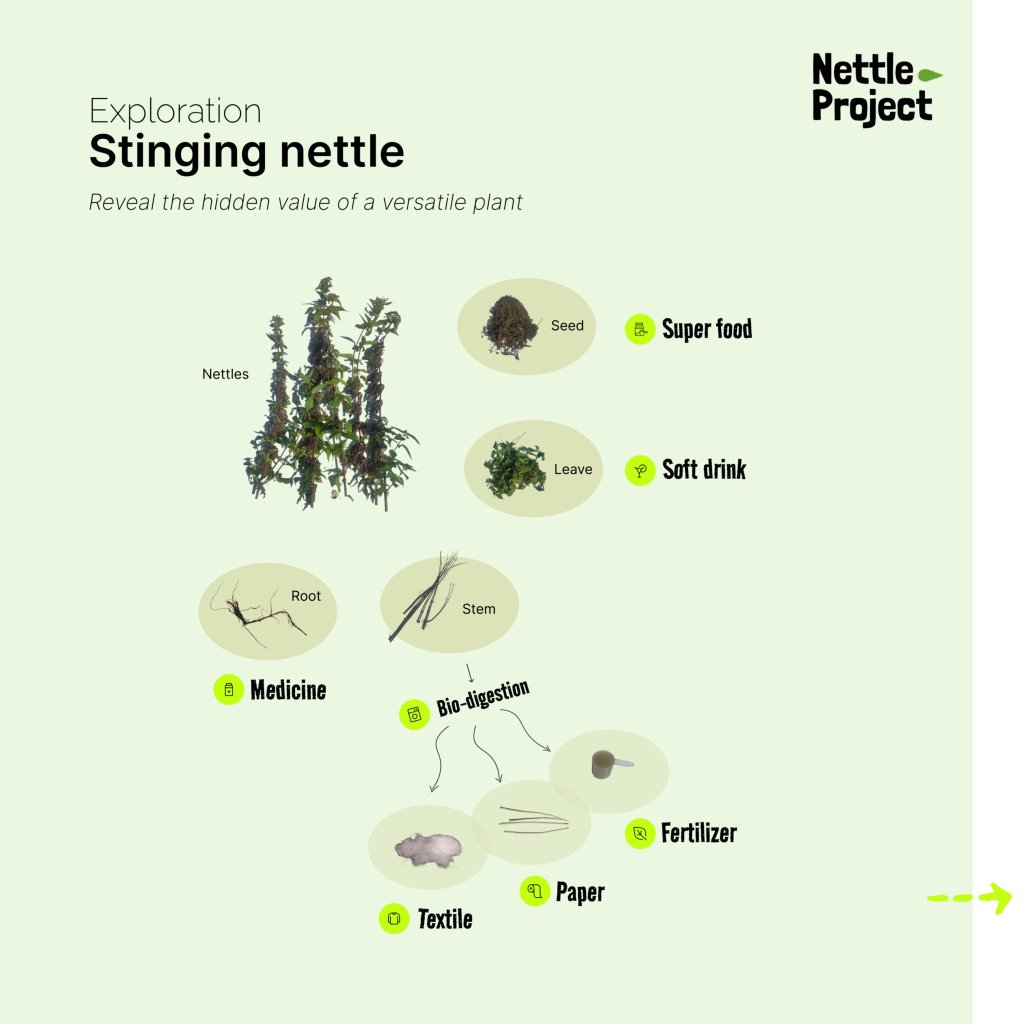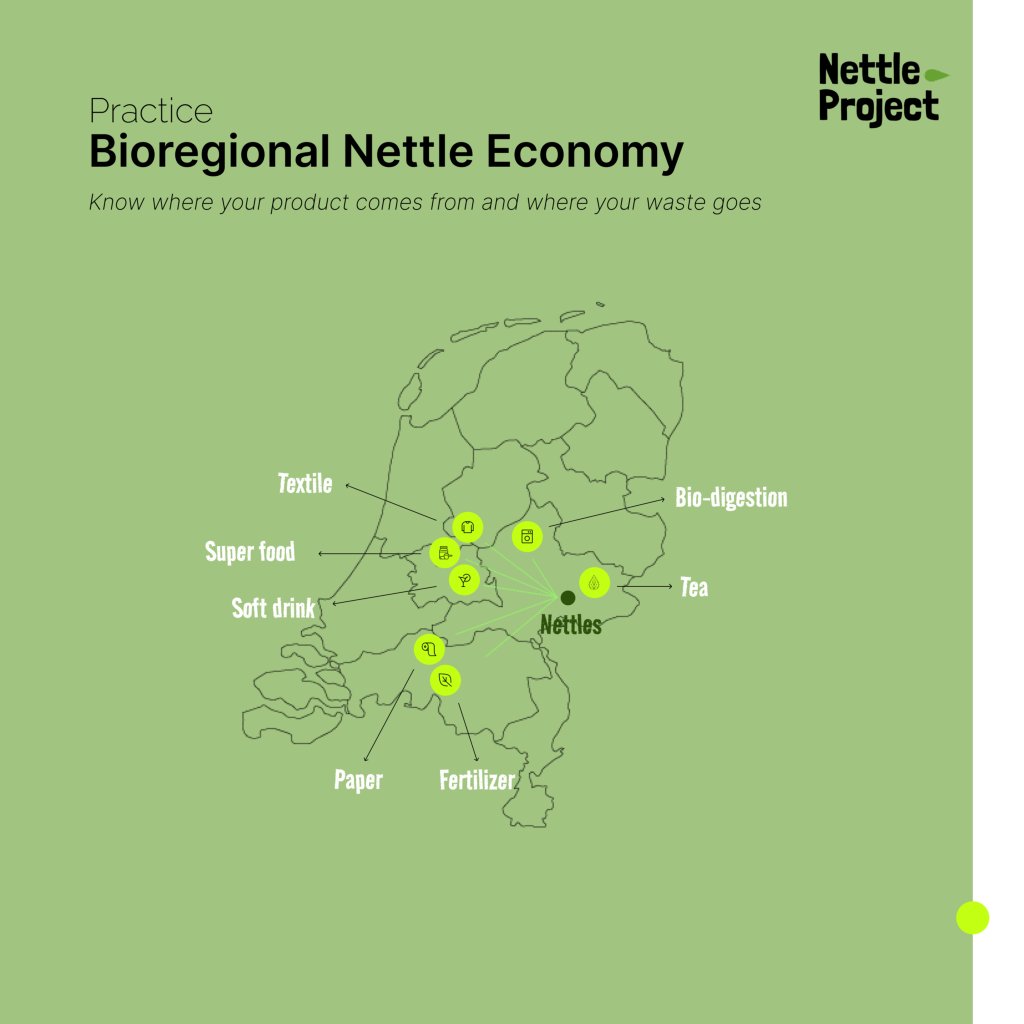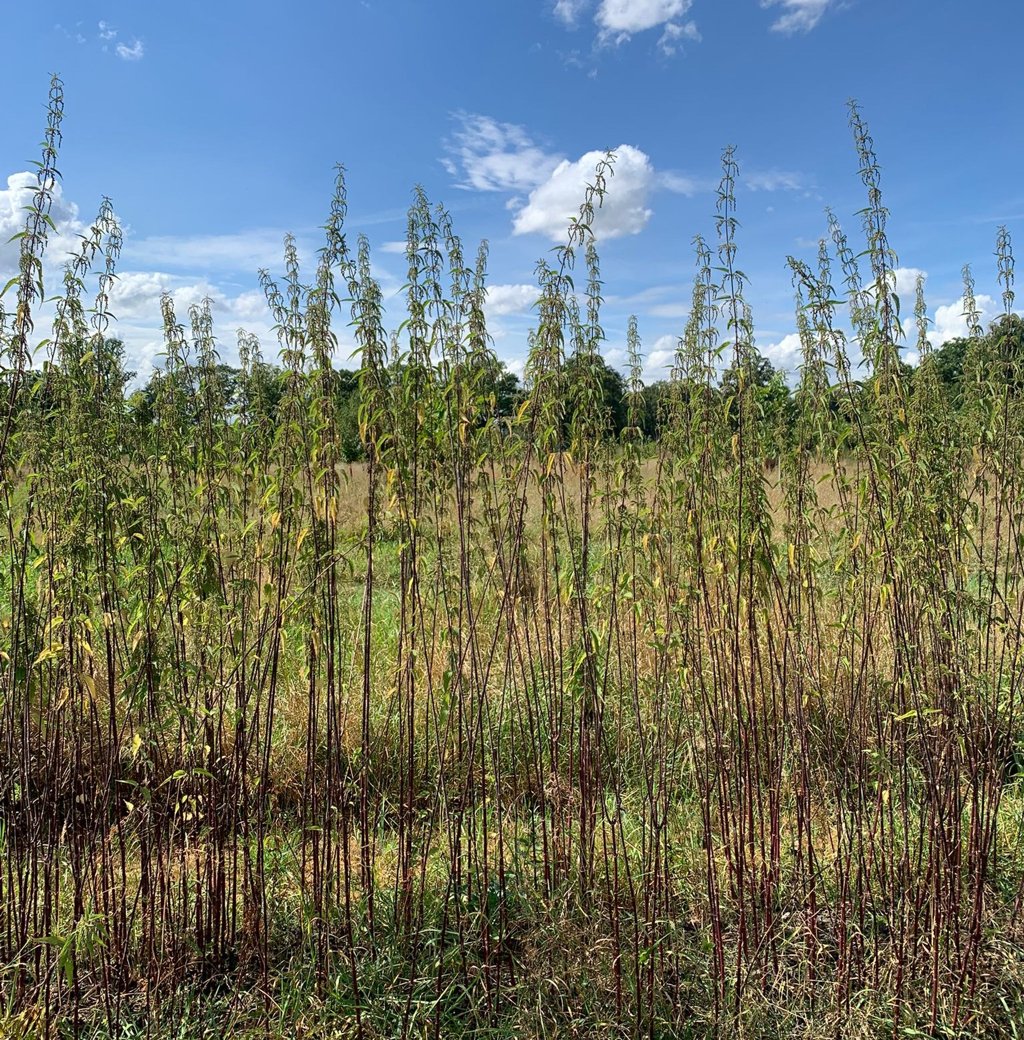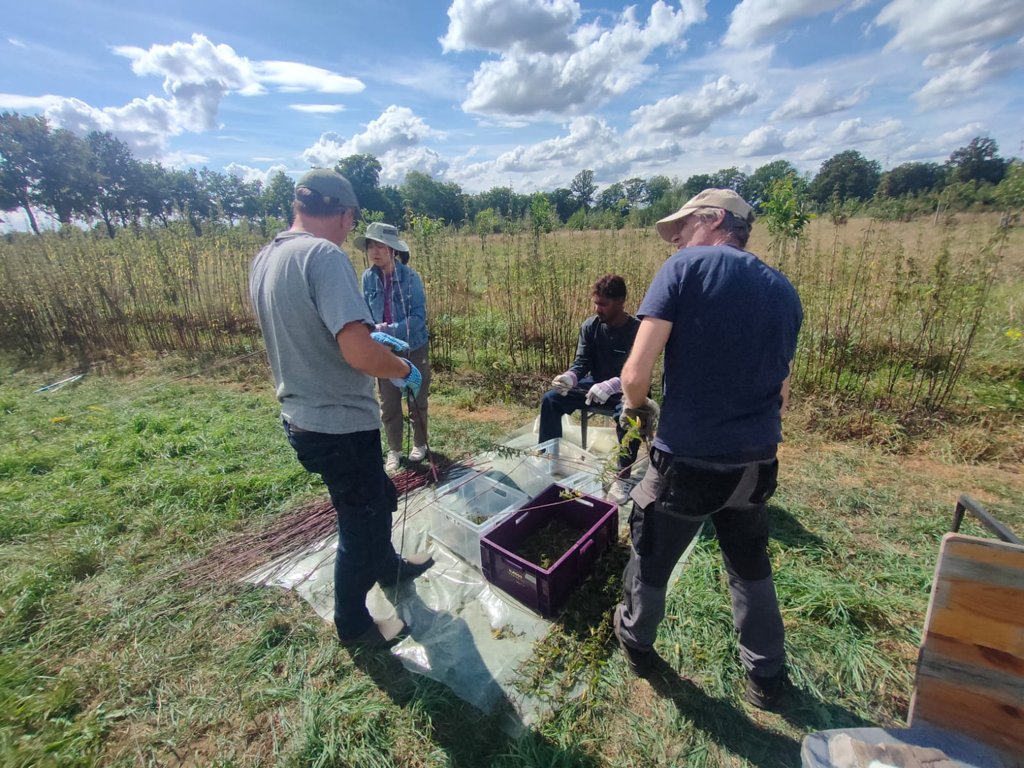The textile industry is one of the most polluting industries in the world. With the aim of solving this issue, we ask the question ‘what is truly sustainable’? This is what stimulated our investigation into the bioregional concept, and how to design a truly sustainable production process.
Where were your belongings made, and at what hidden costs?
Direction & Editing : Marica De Michele
Director of Photography : Jurica Marković
Music : Ivna Jurković
Production Assistant : Clara Gustafsson
Our research took place at three different levels. First we reviewed the literature research to understand the concept of a bioregion. This resulted in a theoretical concept for a sustainable society. Secondly, we looked at one plant - the nettle - and its journey from soil towards consumer goods. Finally we put theory into practice by producing different goods locally in a sustainable manner.
Raising awareness about where products come from and where waste goes is essential for building a sustainable economy. We’ve lost our connection to the goods we use daily, rarely knowing how they reach the shelves or what happens after disposal. While regional production can help address part of this issue, the deeper challenge lies in strengthening people’s connection to their products. More research is needed on fostering a sense of ownership over how products are made, as well as on enhancing their emotional durability. Equally important is cultivating greater care for the waste we generate.
